Do Cashews Contain Minerals? How Much Minerals Are in Cashews?
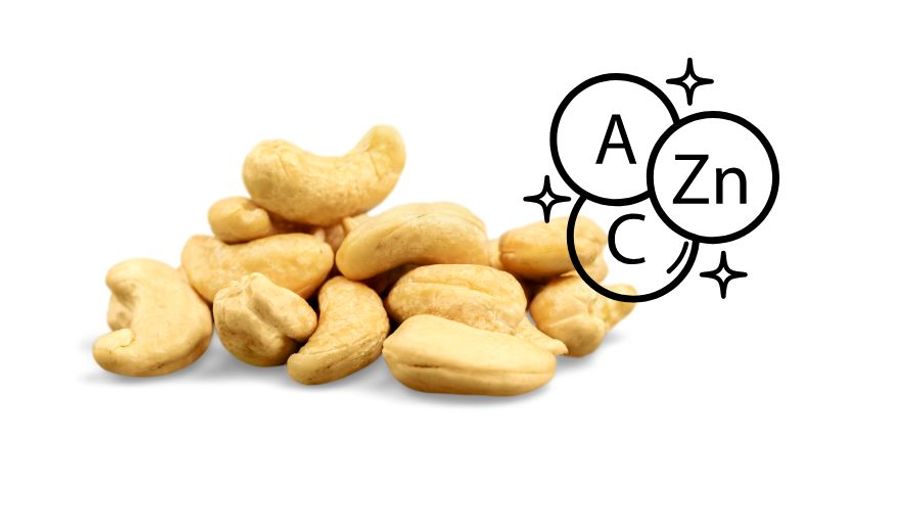
Mục lục
Cashews are a treasure trove of nutrients, containing many important nutrients for human health. So do cashews contain minerals? What effects do minerals have on our health?
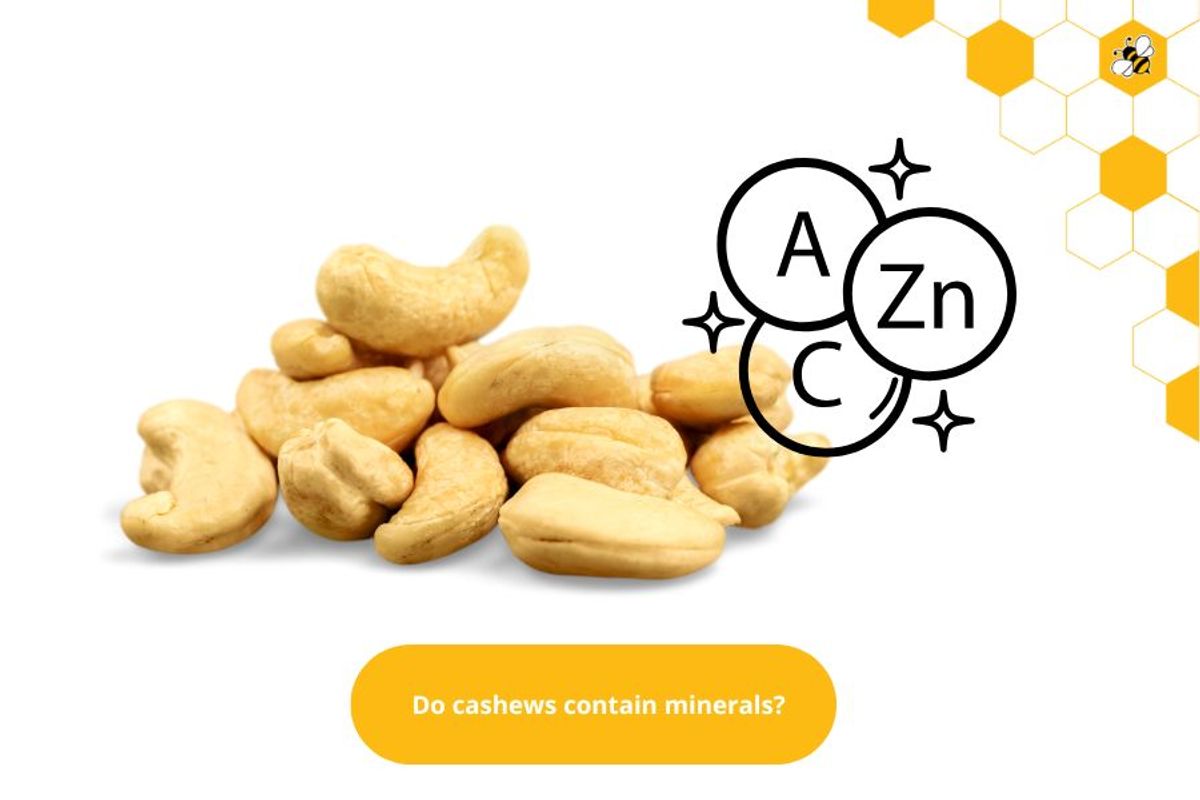
Let's find out and explore the valuable minerals in cashews:
Do cashews contain minerals? How many minerals are in cashews
Cashews are a very nutritious nut, especially minerals, and bring many health benefits. In 100 grams of cashews, we can find the following important minerals:
Calcium: 28 mg
Sodium: 12 mg
Potassium: 660 mg
Magnesium: 292 mg
Folate: 25 mcg
These minerals play an important role in many functions of the body, from maintaining bone health to supporting immune function. Regularly add cashews to your diet to enjoy the health benefits they bring!
Calcium: 28 mg
Sodium: 12 mg
Potassium: 660 mg
Magnesium: 292 mg
Folate: 25 mcg
These minerals play an important role in many functions of the body, from maintaining bone health to supporting immune function. Regularly add cashews to your diet to enjoy the health benefits they bring!
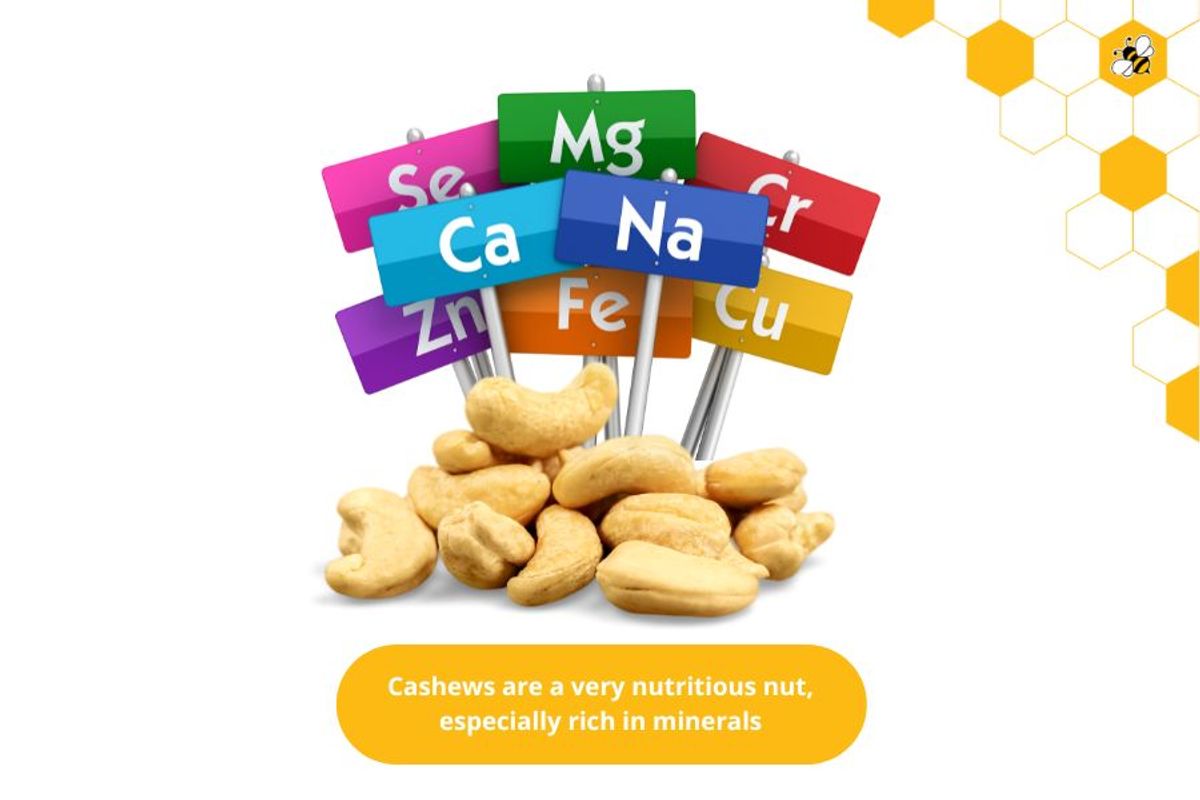
What are minerals? Minerals in cashews
Minerals (also known as minerals) are a group of inorganic substances that play many different roles in the human body. There are approximately 60 elements in total and they are divided into 2 main groups:
Microelements: Includes substances with small content such as copper, iron, zinc, manganese, iodine, and many other elements.
Microelements: Includes substances with small content such as copper, iron, zinc, manganese, iodine, and many other elements.
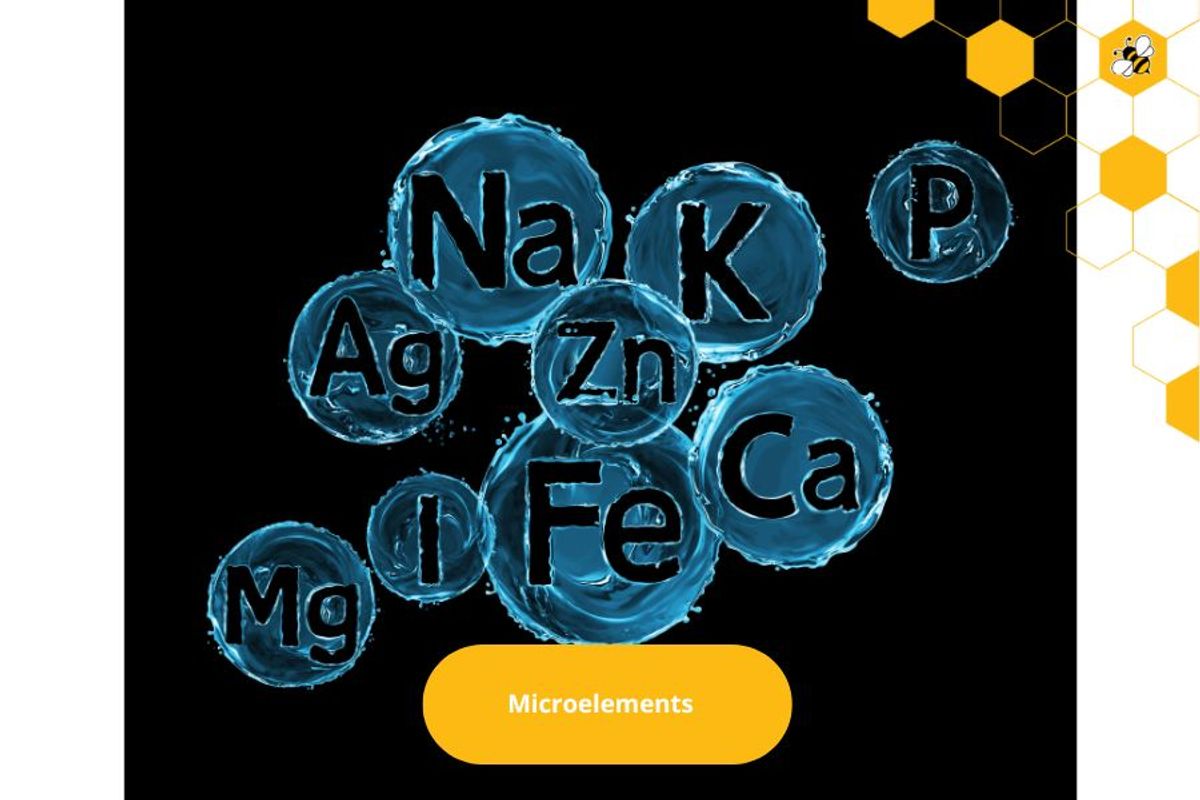
Macroelements: Includes substances with high content such as calcium, phosphorus, magnesium, potassium, sodium, and many other elements.
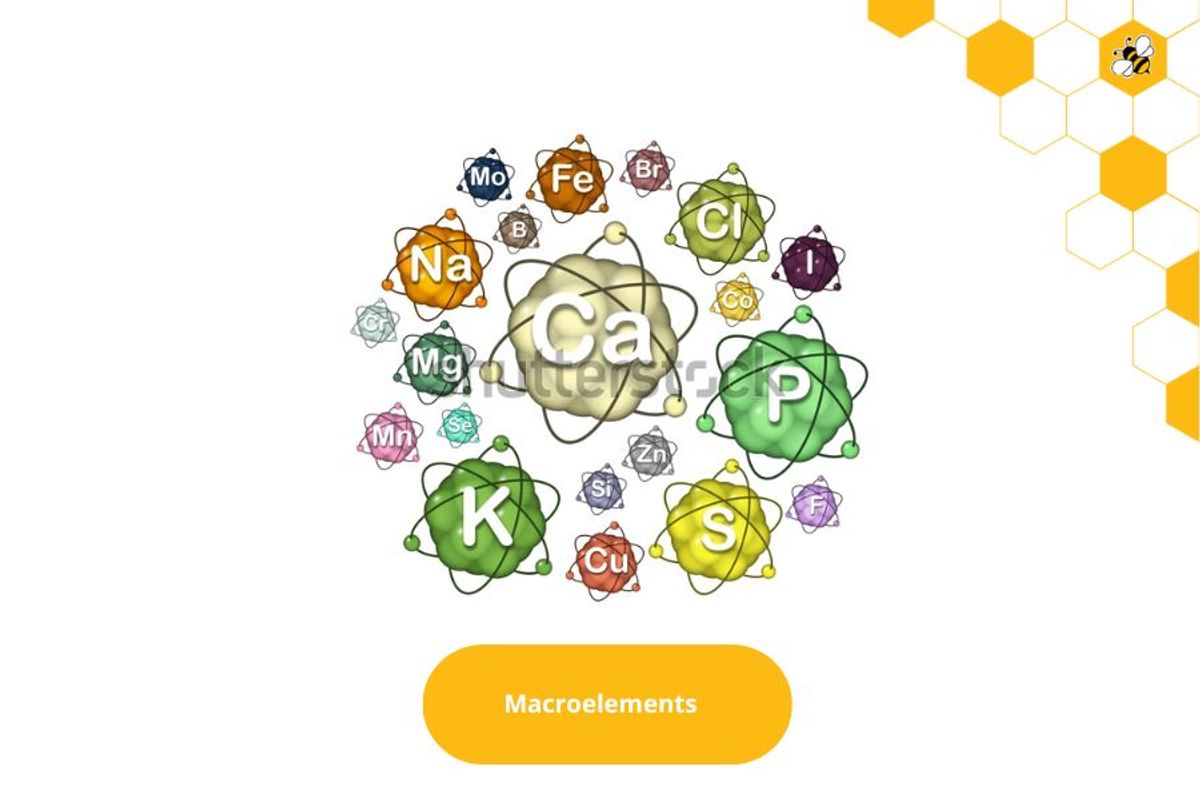
Each mineral has its own role, such as participating in the formation and development of bones, maintaining the function of the nervous system, and being a major component in the body. Minerals come from abundant food sources and play an important role in our daily health.
Here is a list of the main minerals found in cashews:
Magnesium: Magnesium plays an important role in more than 300 enzyme reactions in the body. Magnesium deficiency may be associated with insulin resistance, metabolic syndrome, cardiovascular disease, and osteoporosis.
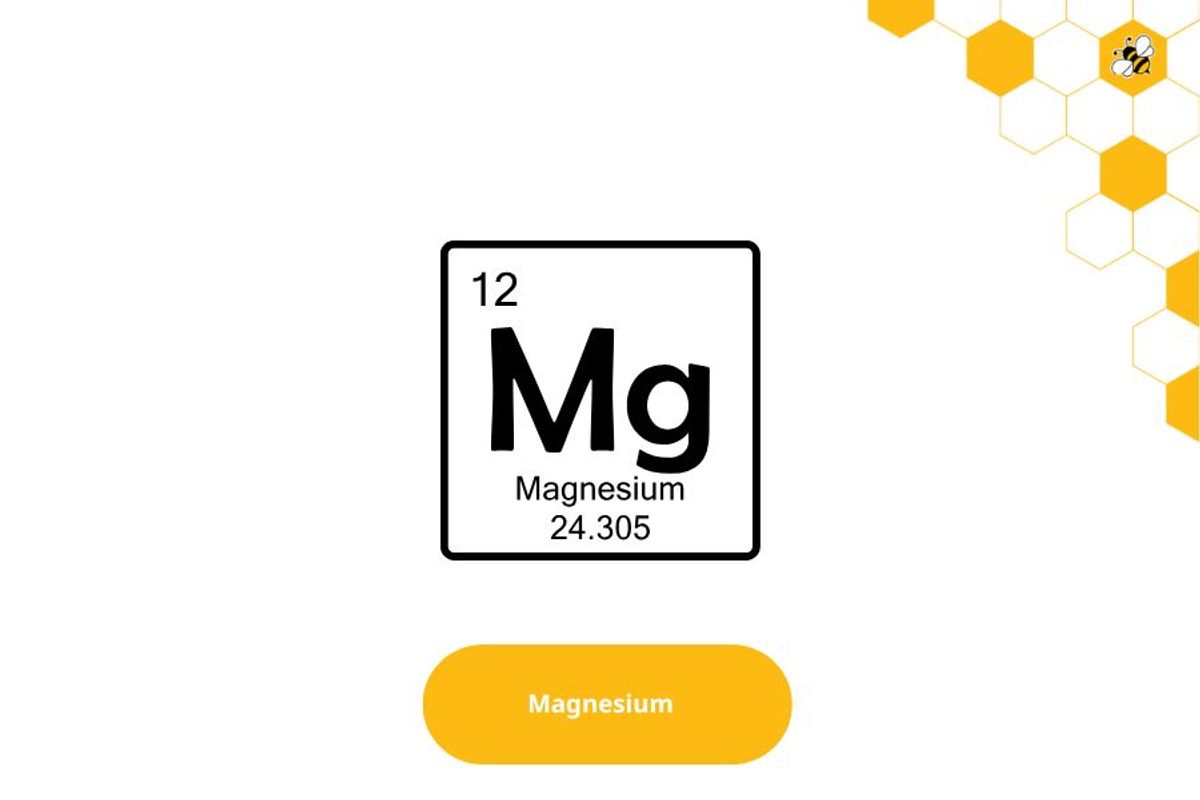
Potassium: Potassium helps maintain water and electrolyte balance between cells. It also supports muscle and nerve function.
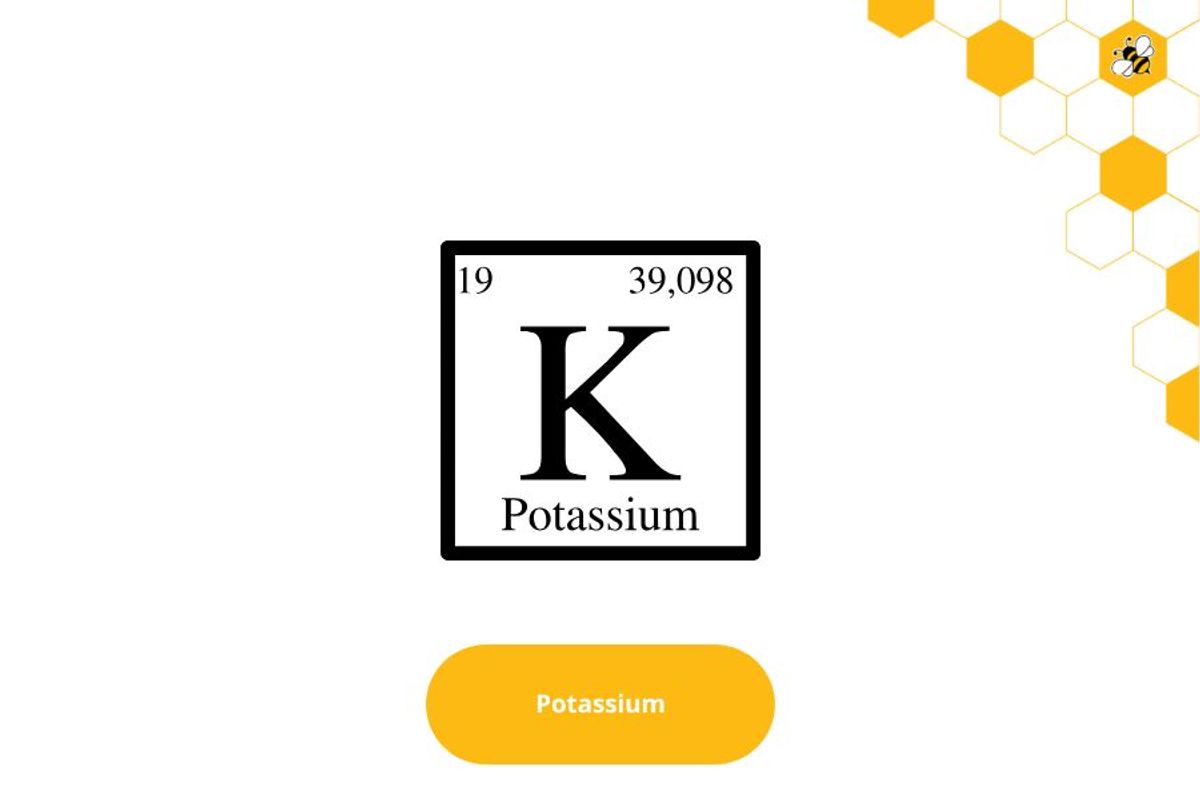
Calcium: Calcium is the main component of bones and teeth. It is also involved in enzyme reactions and muscle function.
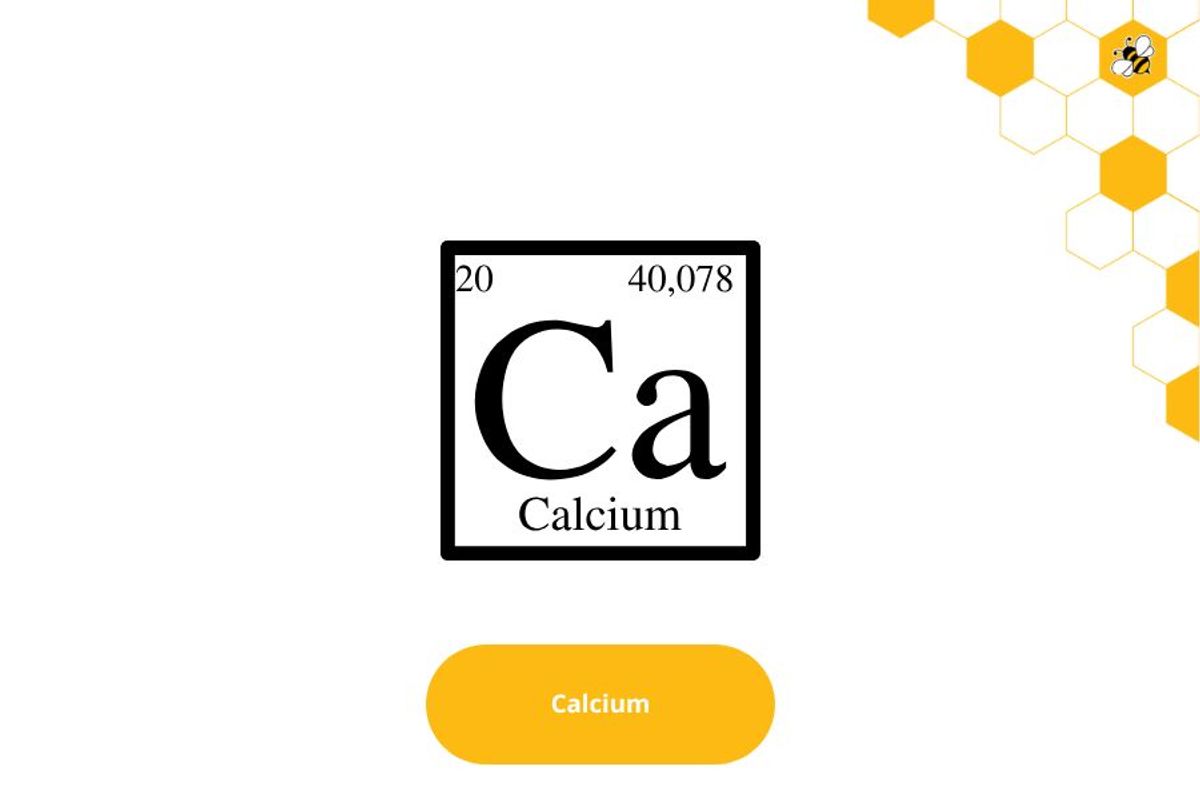
Iron: Iron is part of red blood cells and helps carry oxygen in the blood. Iron deficiency can lead to anemia.
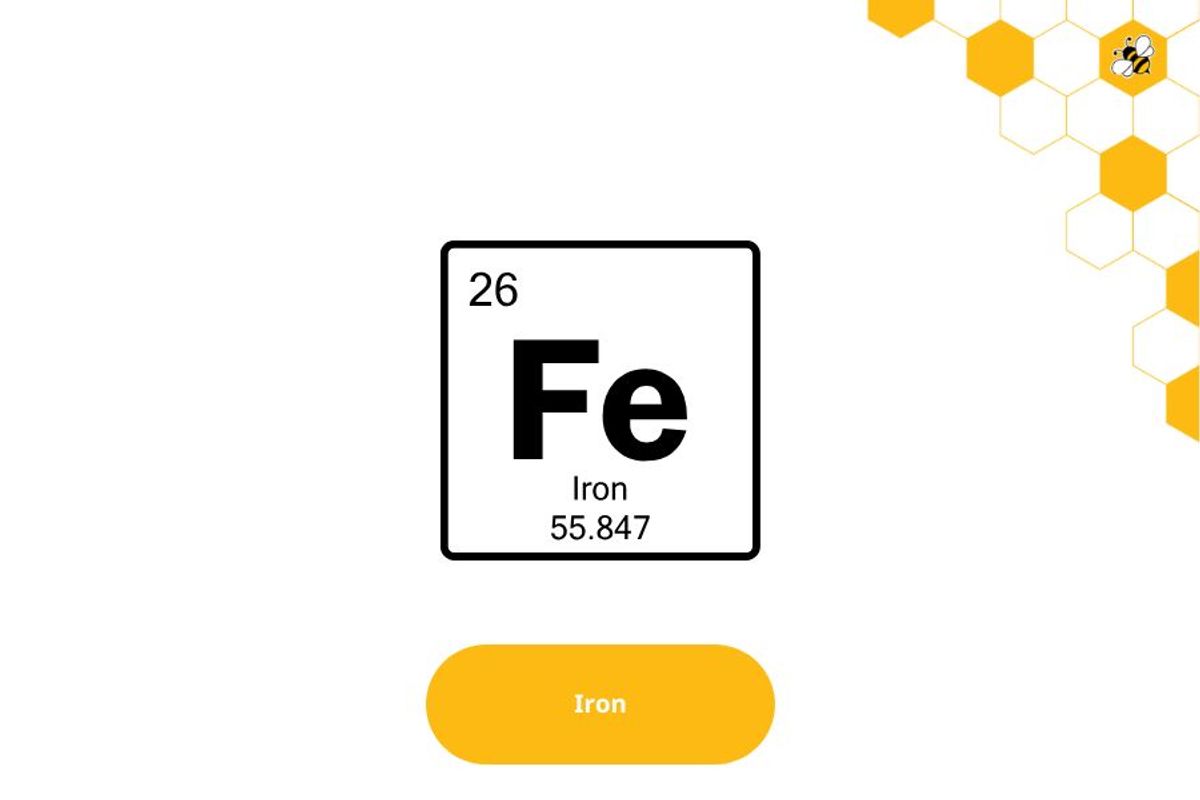
Zinc: Zinc is involved in more than 100 enzyme reactions and supports immune function.
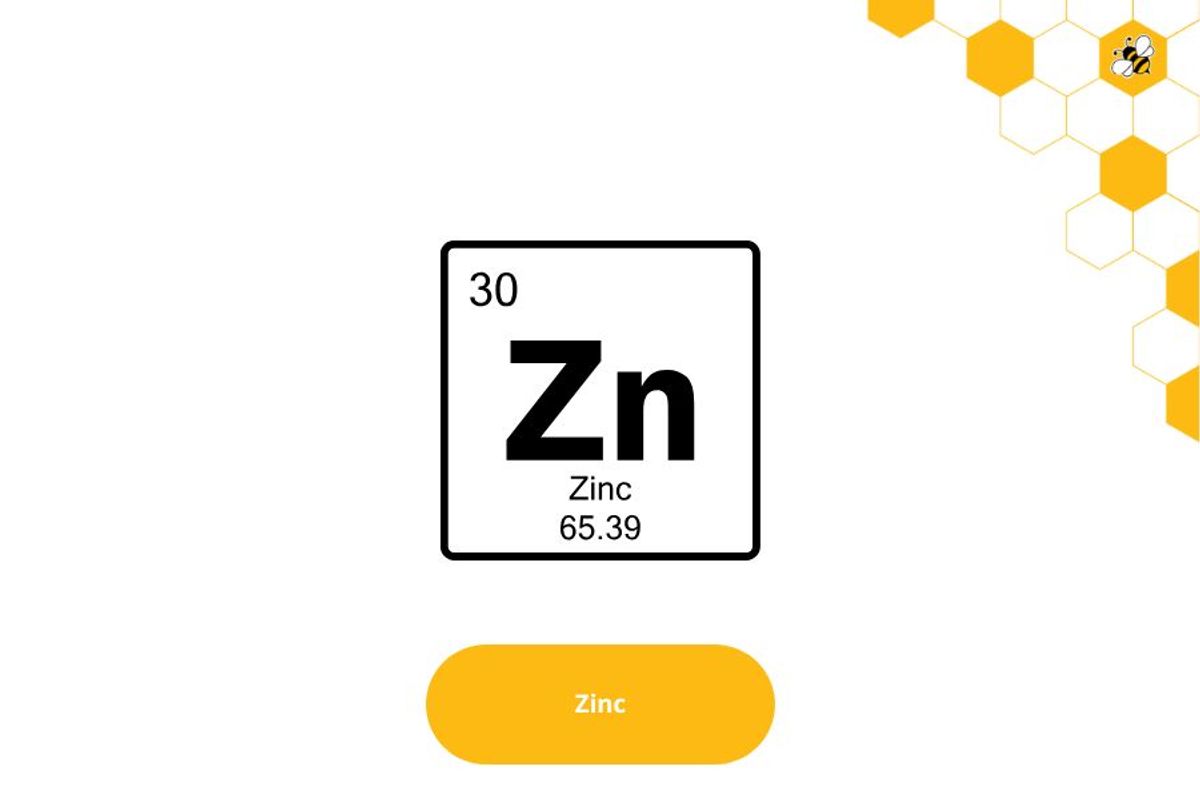
Copper: Copper is essential for bone development, blood vessels, and the immune system.
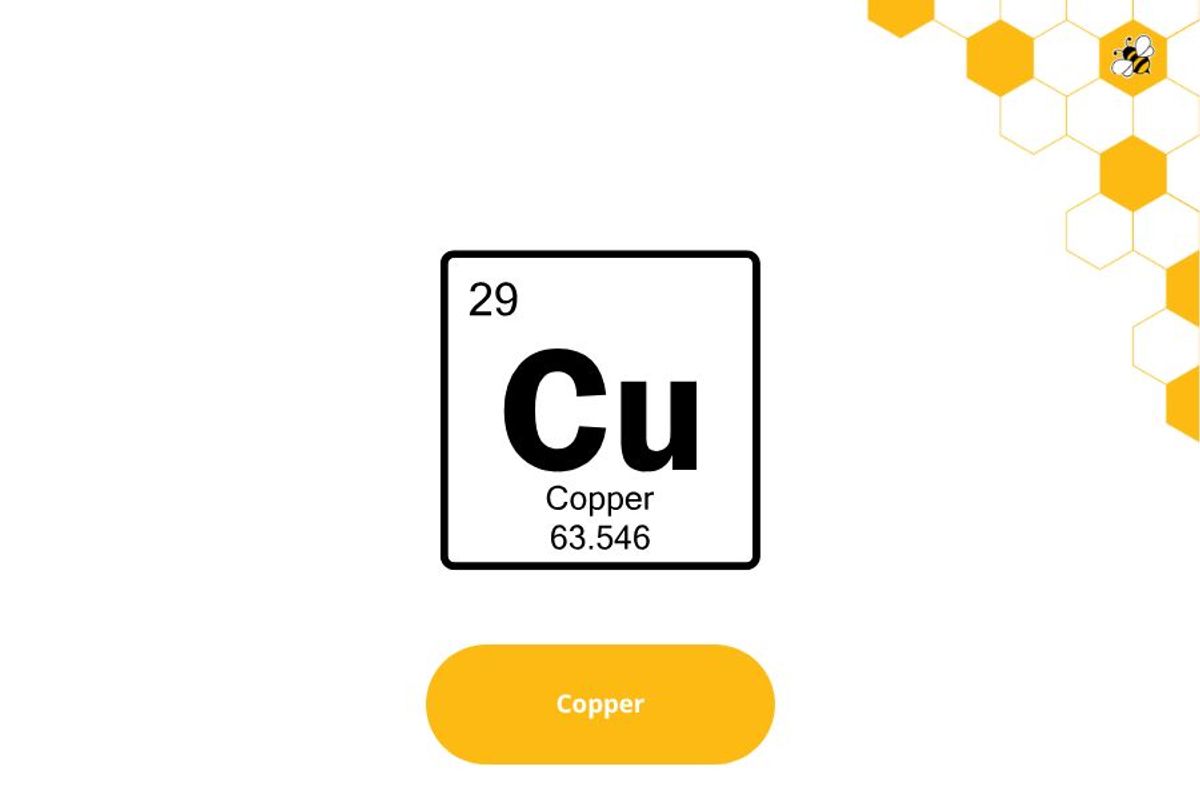
Manganese: Manganese helps maintain the activity of many enzymes and supports bone function.
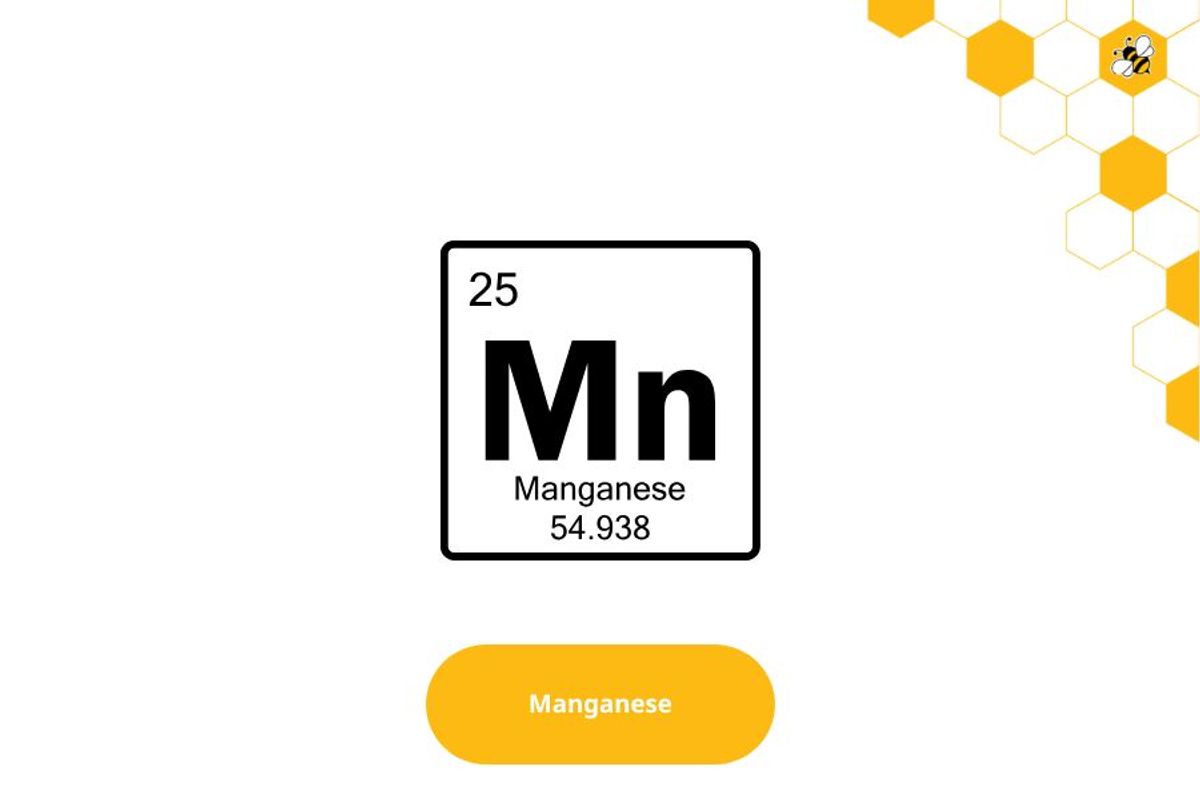
Folate: Folate (vitamin B9) is important for cell growth and DNA replication.
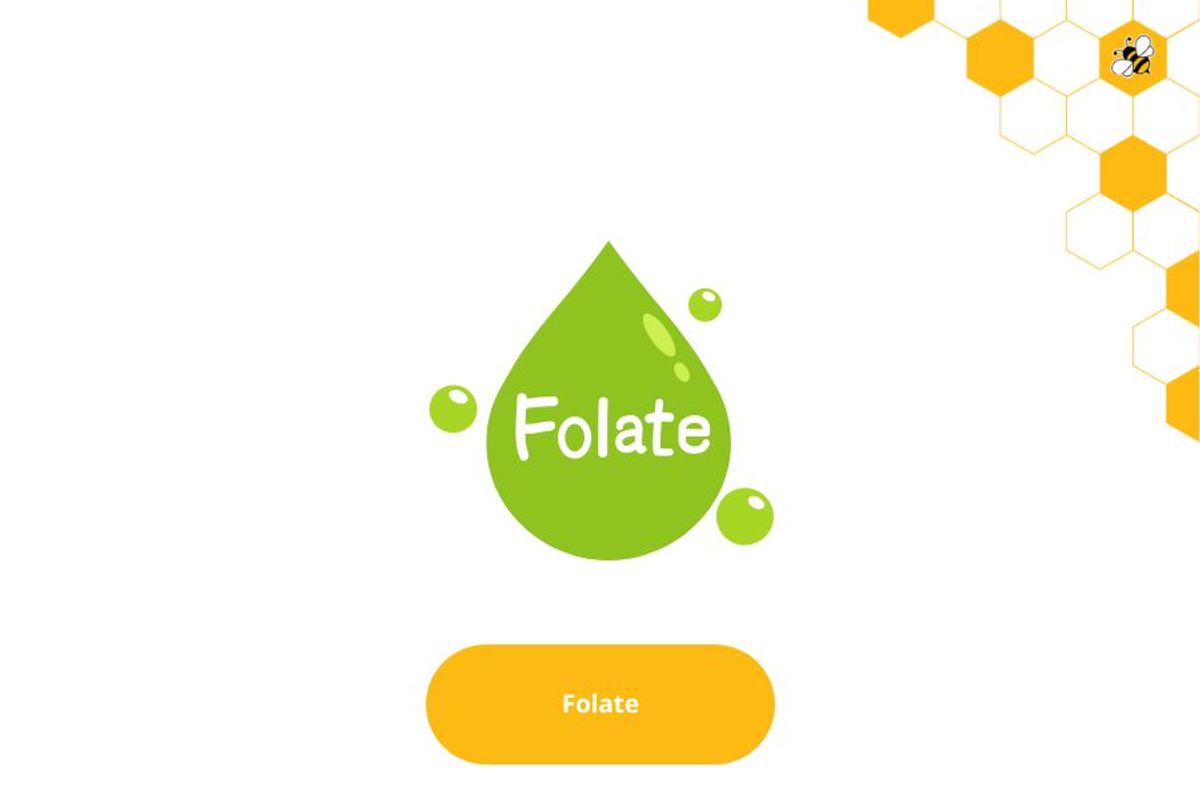
Remember, cashews also contain many other nutrients such as protein, vitamins, and fiber, making them a healthy food.
The effects of minerals on the body
Minerals play an extremely important role in many processes of the body. Some effects of minerals:
Support healthy bones and teeth: Minerals, especially calcium, help provide movement, protection, and support for the body. Calcium is the main component of bones and blood.
Support healthy bones and teeth: Minerals, especially calcium, help provide movement, protection, and support for the body. Calcium is the main component of bones and blood.
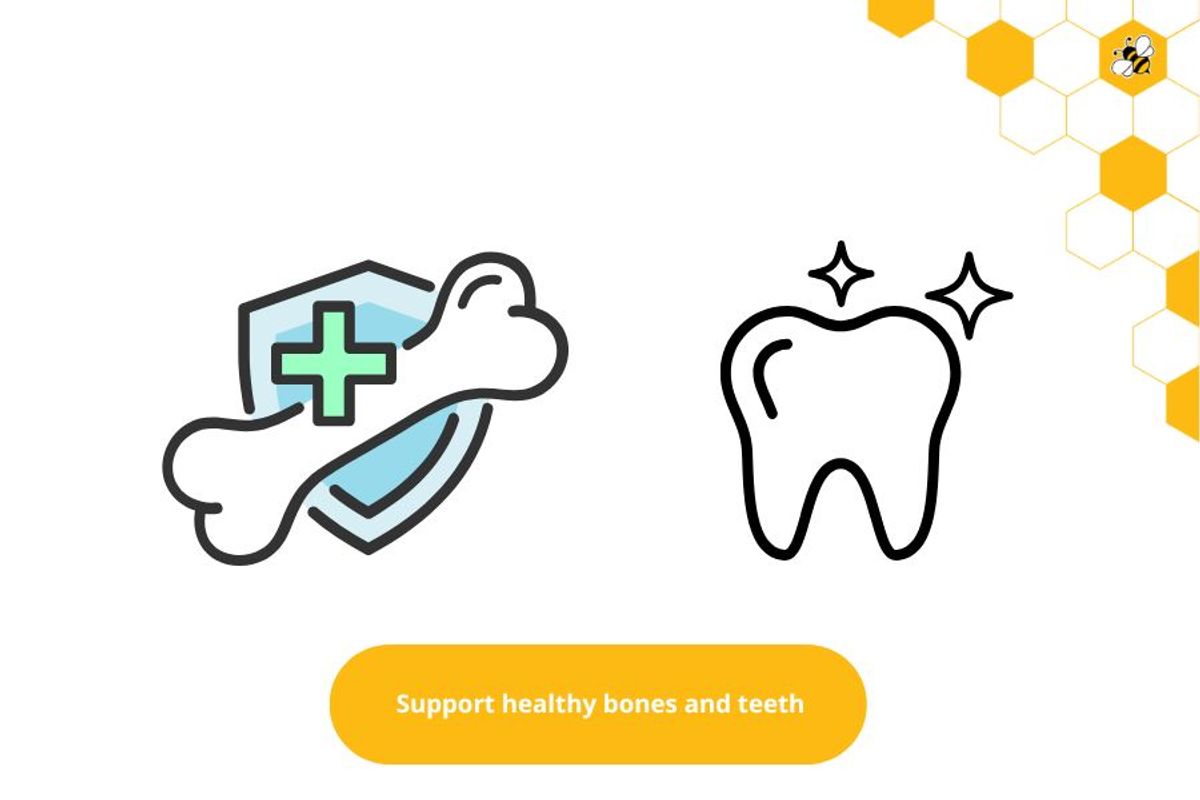
Participate in enzyme activity: Minerals are catalysts for enzyme activity in the body, ensuring that metabolic processes take place properly.

Regulates the cardiovascular system, blood circulation, and digestion: Minerals are involved in maintaining stable blood pressure and supporting the function of the nervous and digestive systems.
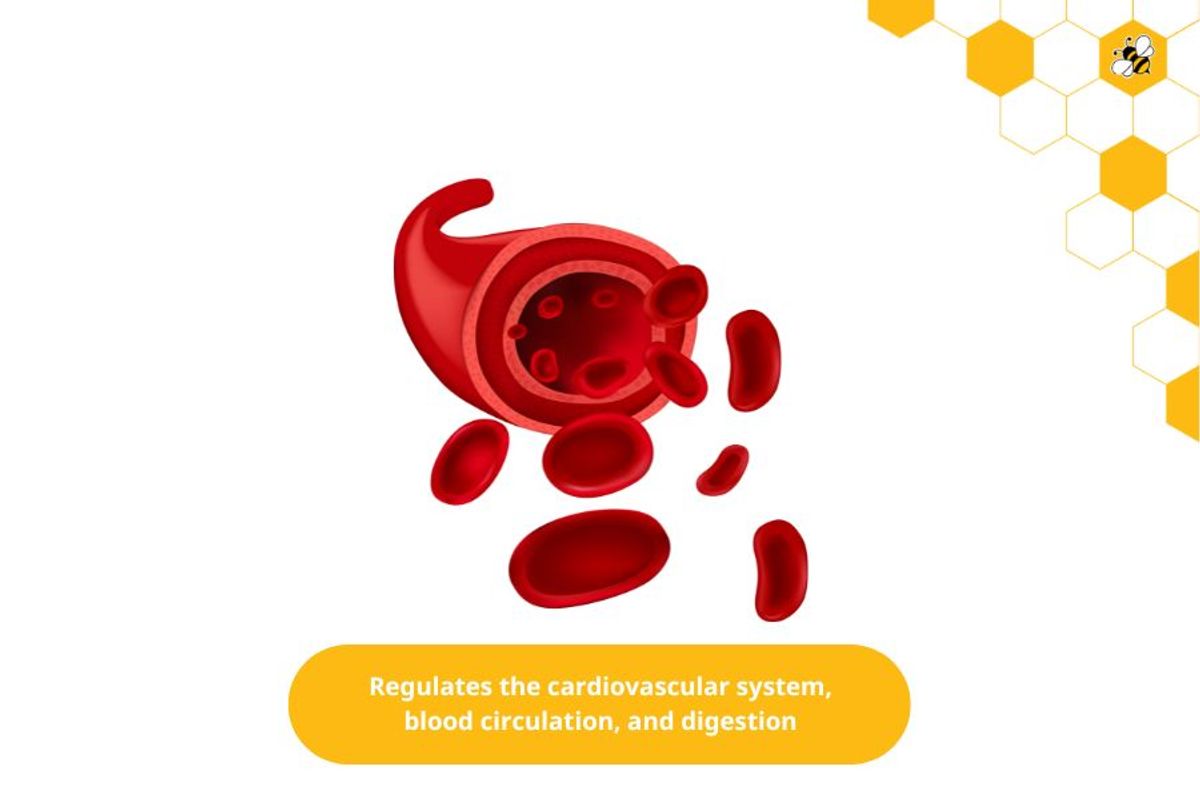
Structure of proteins and fats in the body: Minerals, such as phosphorus, are components of important enzymes that help metabolize lipids, proteins, and carbohydrates, as well as support cellular respiration and the nervous system.
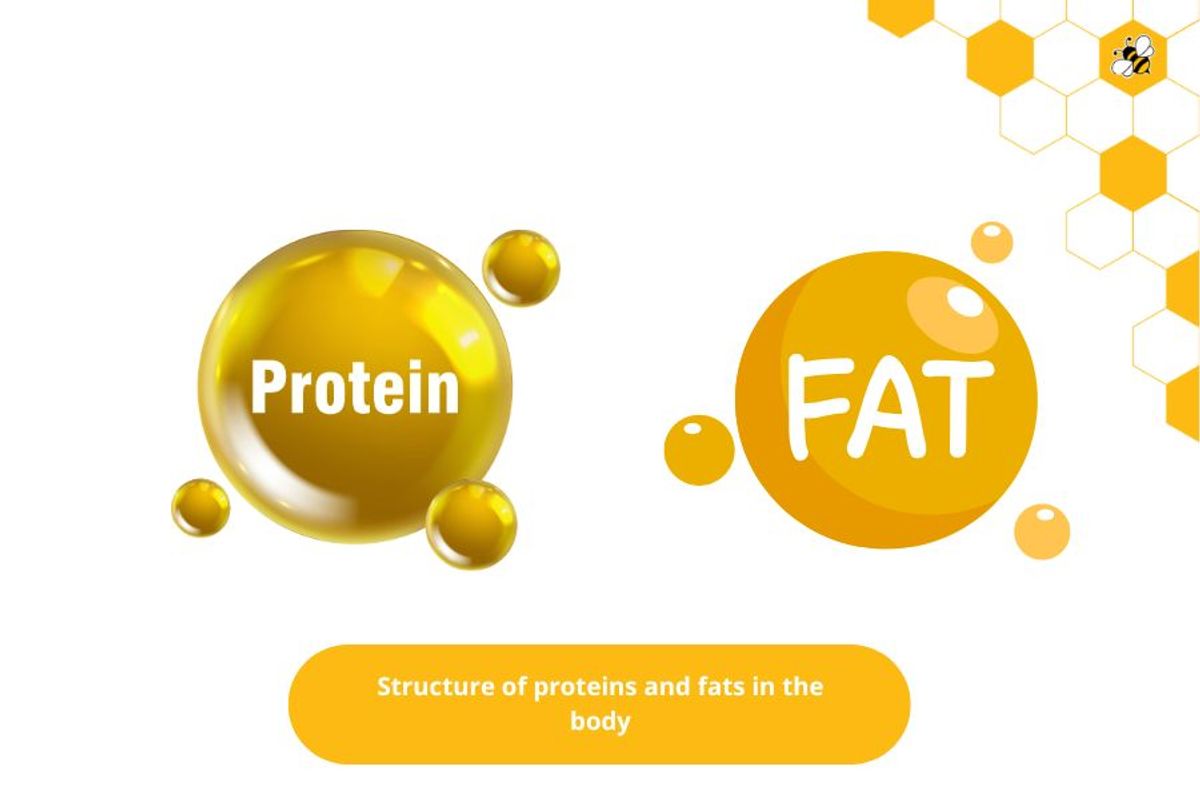
Minerals play an important role in the development and maintenance of the body's health.
Here are some of the effects of common minerals:
Calcium (Ca):
Builds and maintains strong bones and teeth.
Involved in muscle contractions and nerve signaling.
Iron (Fe):
A component of red blood cells, which helps transport oxygen from the lungs to cells in the body.
Iron deficiency causes anemia in the body.
Potassium (K):
Regulates the balance of water and electricity between cells.
Supports the functioning of the heart and muscles.
Magnesium (Mg):
Participates in more than 300 enzyme reactions in the body.
Supports muscle relaxation and nerve signaling.
Zinc (Zn):
Supports the immune system and the body's recovery from injury.
Necessary for cell growth and metabolism.
Iodine (I):
A component of thyroid hormones, essential for mental and physical development.
Iodine deficiency can cause goiter.
Remember, maintaining a balance of minerals in the body is important for good health. Both a deficiency and an excess of minerals can cause health problems. Make sure you have a balanced diet and enough minerals to support your body's optimal functioning.
Builds and maintains strong bones and teeth.
Involved in muscle contractions and nerve signaling.
Iron (Fe):
A component of red blood cells, which helps transport oxygen from the lungs to cells in the body.
Iron deficiency causes anemia in the body.
Potassium (K):
Regulates the balance of water and electricity between cells.
Supports the functioning of the heart and muscles.
Magnesium (Mg):
Participates in more than 300 enzyme reactions in the body.
Supports muscle relaxation and nerve signaling.
Zinc (Zn):
Supports the immune system and the body's recovery from injury.
Necessary for cell growth and metabolism.
Iodine (I):
A component of thyroid hormones, essential for mental and physical development.
Iodine deficiency can cause goiter.
Remember, maintaining a balance of minerals in the body is important for good health. Both a deficiency and an excess of minerals can cause health problems. Make sure you have a balanced diet and enough minerals to support your body's optimal functioning.
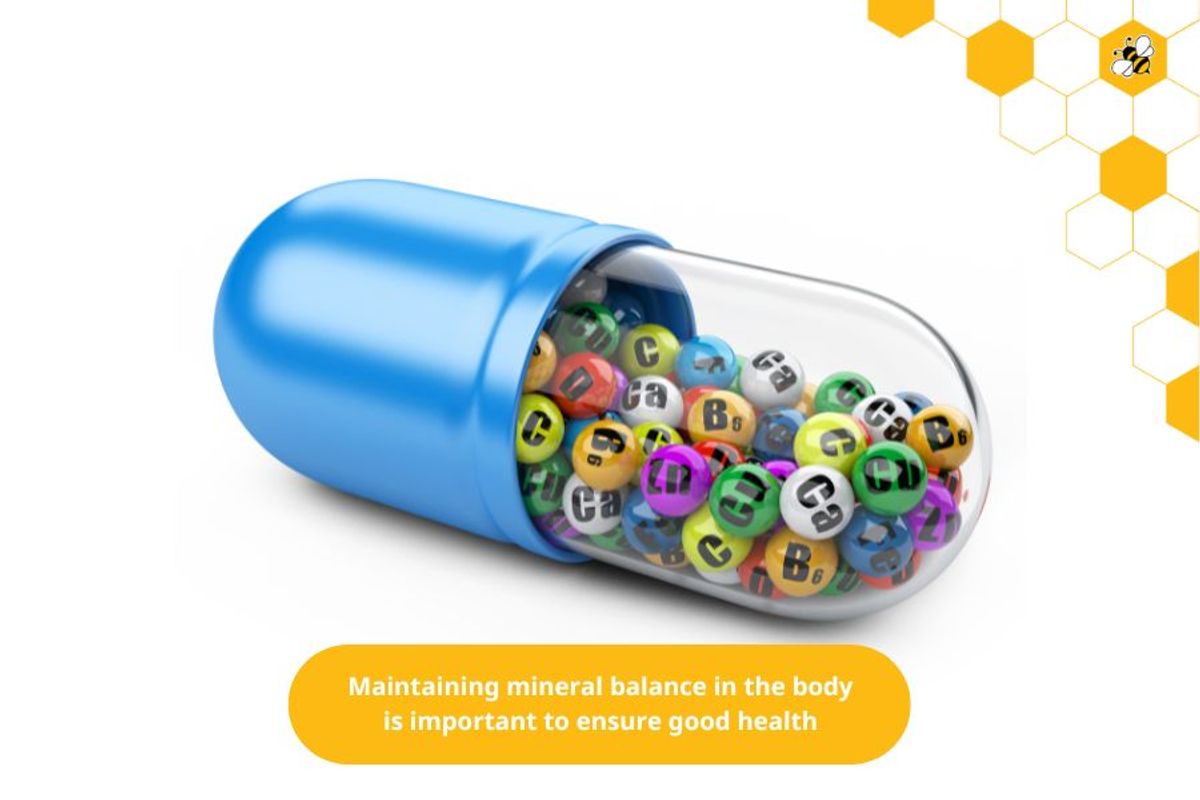
How to use cashews in your diet to get the right amount of minerals
To get the right amount of minerals from cashews, you can do the following:
Use cashews as part of a meal: Add cashews to salads, muesli, or yogurt to increase the amount of minerals.
Combine cashews with other nuts: Cashews combine well with sunflower seeds, pomegranate seeds, chia seeds, and flax seeds. You can create a delicious nut mixture to eat as a snack.
Add cashews to cooked dishes: Cashews can be added to stews, stir-fries, or soups to enhance the flavor and nutritional value.
Enjoy cashews as a snack: Eat cashews directly as a snack between meals. This helps you provide minerals easily and deliciously.
Add cashews to salads: Sprinkle roasted cashews on top of salads for a crunchy and delicious flavor.
Making cashew milk: You can make cashew milk to enjoy or use in other recipes.
Use cashews as part of a meal: Add cashews to salads, muesli, or yogurt to increase the amount of minerals.
Combine cashews with other nuts: Cashews combine well with sunflower seeds, pomegranate seeds, chia seeds, and flax seeds. You can create a delicious nut mixture to eat as a snack.
Add cashews to cooked dishes: Cashews can be added to stews, stir-fries, or soups to enhance the flavor and nutritional value.
Enjoy cashews as a snack: Eat cashews directly as a snack between meals. This helps you provide minerals easily and deliciously.
Add cashews to salads: Sprinkle roasted cashews on top of salads for a crunchy and delicious flavor.
Making cashew milk: You can make cashew milk to enjoy or use in other recipes.
Note:
Do not eat the shell of the seed: The shell of the cashew nut has a bitter taste and is not good for your health.
Choose good quality cashew nuts: Avoid buying poor quality cashew nuts.
Avoid eating before going to bed: Cashew nuts have a high fiber content, so avoid eating before going to bed to avoid feeling full.
Do not eat the shell of the seed: The shell of the cashew nut has a bitter taste and is not good for your health.
Choose good quality cashew nuts: Avoid buying poor quality cashew nuts.
Avoid eating before going to bed: Cashew nuts have a high fiber content, so avoid eating before going to bed to avoid feeling full.

Summary
In short, cashews are a rich source of nutrients, especially minerals. They provide magnesium, potassium, calcium, iron, zinc, copper, manganese, and folate, all of which play important roles in the development and maintenance of the body's health. In addition, cashews also contain many other nutrients such as protein, vitamins, and fiber, making them a healthy food. Maintain the use of cashews in moderation and combine them with a balanced diet to maximize the benefits of these minerals.